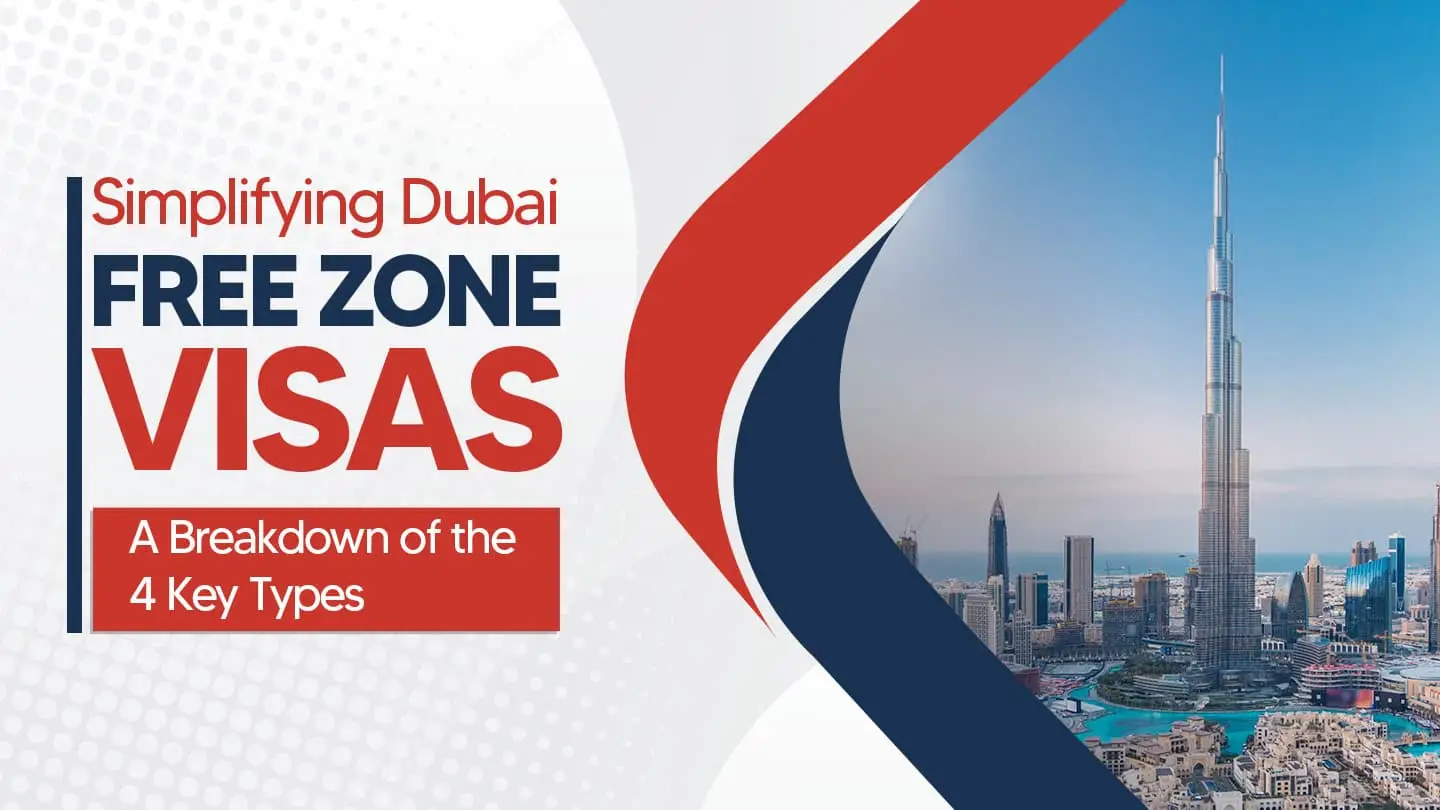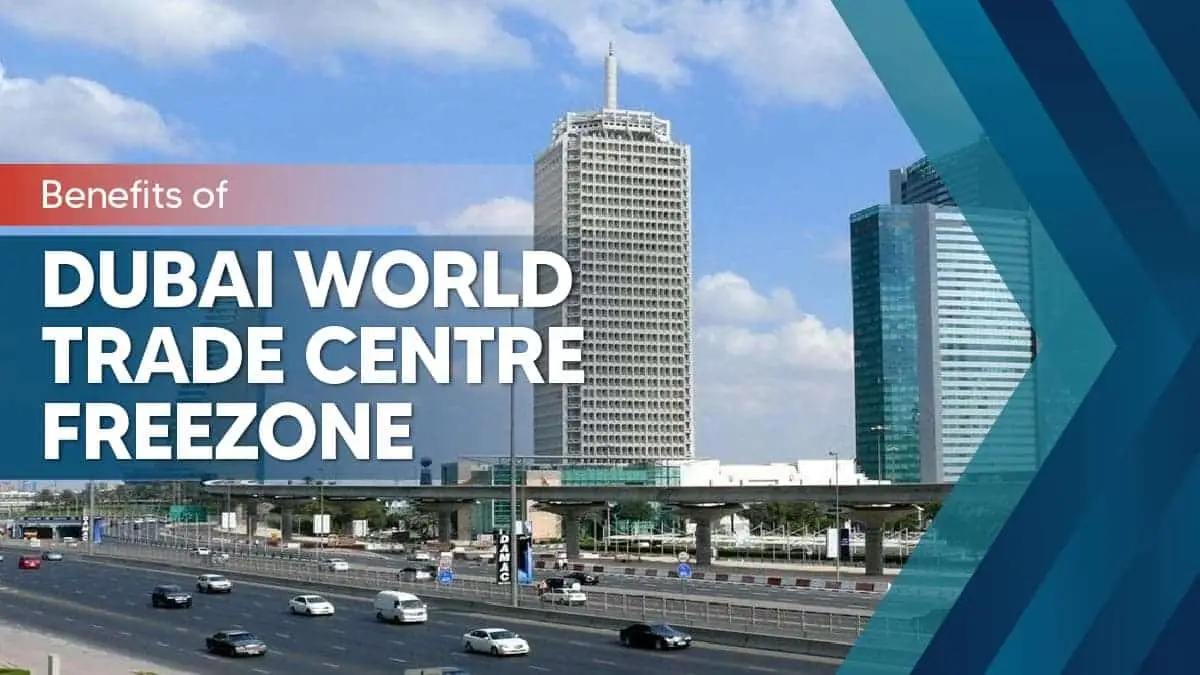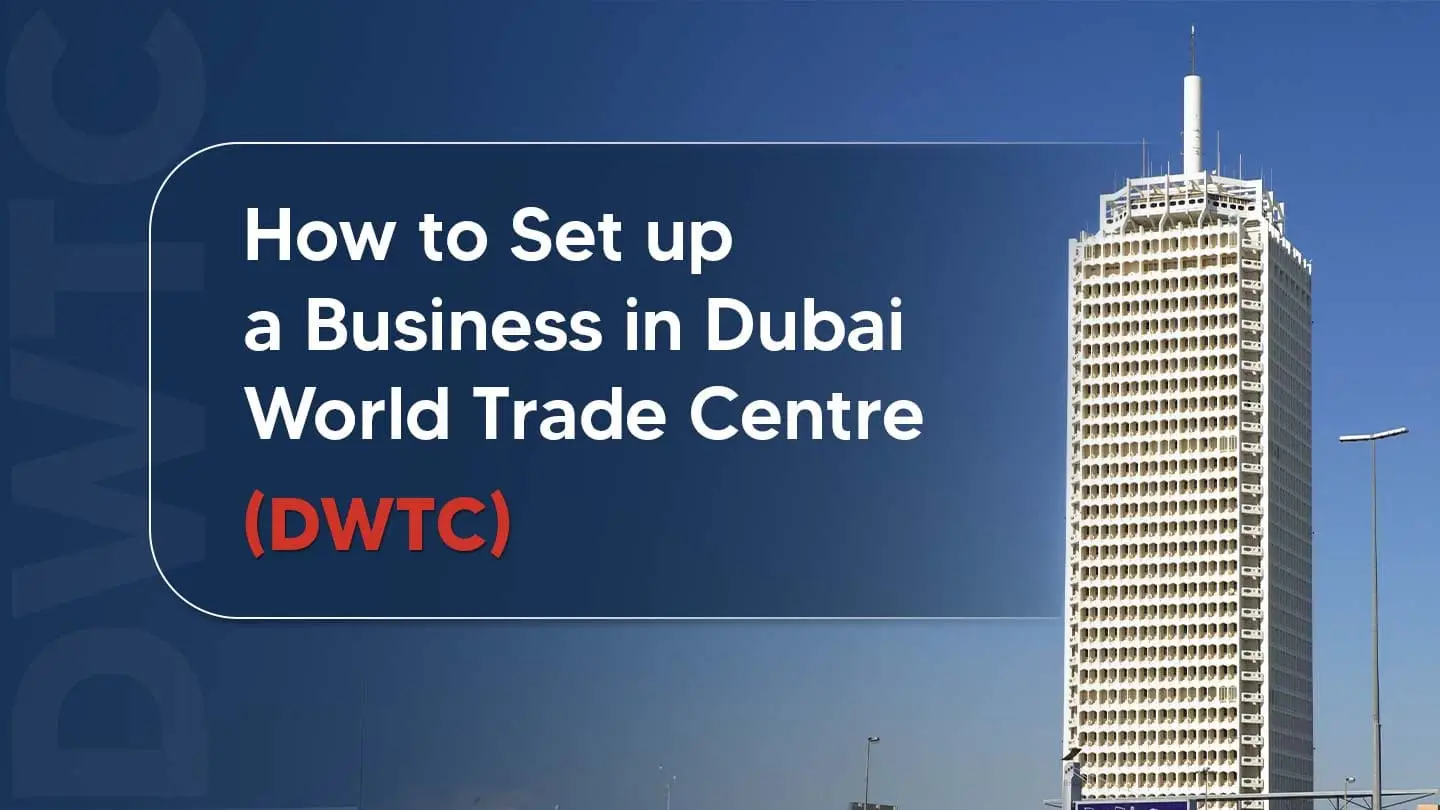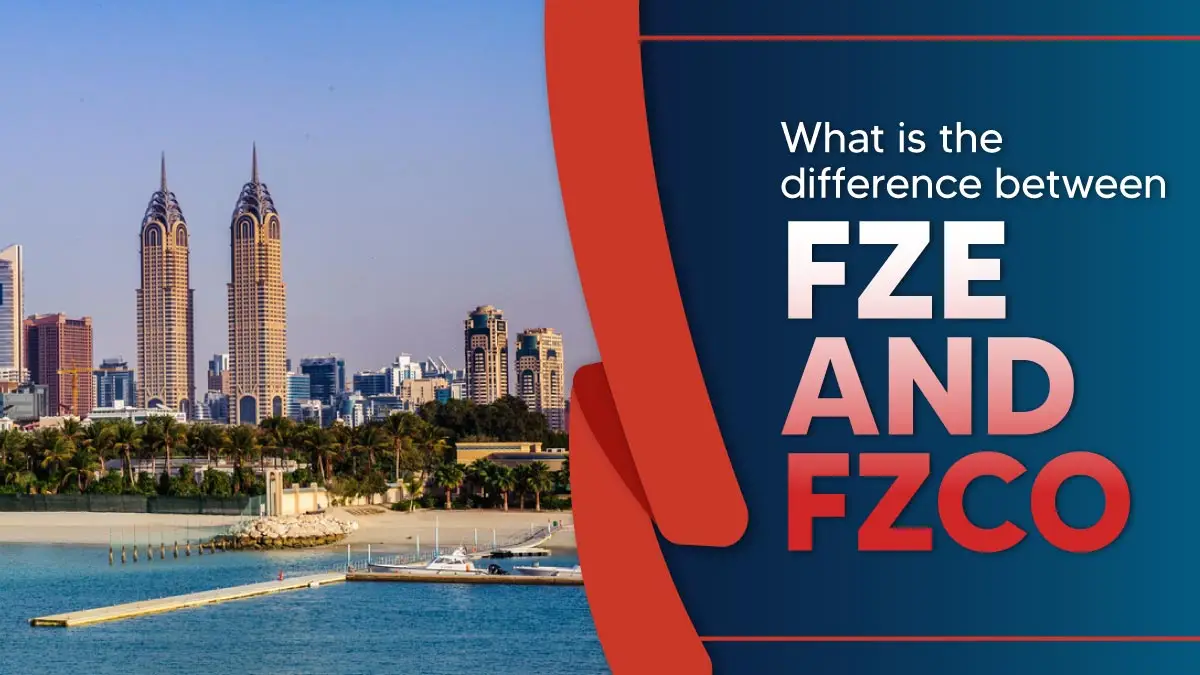Dubai is the hub of major economic activities in the Middle East. Businessowners from all over the world have shown interest in expanding their footprint to this international city. Conducting business in the UAE allows you to trade efficiently in global markets. The Dubai free zones attract entrepreneurs as they allow 100% expat ownership, don’t levy corporate tax or customs duty on import and export of goods. Moreover, the goods are allowed to be stored for an unlimited time.
In the UAE, free zones are a part of the country’s physical territories but considered to be outside the jurisdiction of customs control. Therefore, import refers to getting goods into the country from abroad or from one of the UAE free zones to mainland, as well as vice versa, whereby goods are brought into the free zone from an onshore location within the country. Similarly, exporting refers to sending goods or services produced domestically to another countries, or between a UAE free zone and a mainland region. However, the licensing aspects require trading companies to follow legal procedures for licensing, documentation, and permissions.
If you have a free zone company or are thinking of getting a Dubai free zone license, read on to learn about the import and export procedures in Dubai free zones.
Importing and exporting in Dubai free zones
Business setup in Dubai free zones are popular because of the simplified process of company formation as well as quick processing of trade license. The major regions – the Dubai Airport Free Zone, Jebel Ali Free Zone, Sharjah Airport International Free Zone – have access to the airports which allows them to transfer their goods easily, Customs Department offices, warehousing facilities, quick issuance of trade license, and other services to support their business.
Other prominent free zones are Ras Al Khaimah Economic Zone (RAKEZ), International Free Zone Authority (IFZA), Sharjah Media City (Shams), Dubai Multi Commodities Centre (DMCC) and Dubai South.
Suppose your trading company is registered under a Dubai free zone license, you can seamlessly boost your economic activities such as trading and shipping of goods by making the most of the free zone jurisdictions. The goods imported into the UAE from its free zones are monitored by several factors, including the type and validity of the free zone license.
General provisions for trading companies in the free zone:
- You must obtain an importer code from the customs
- The imported goods must be in alignment with the activities listed under your Dubai free zone license
- The imported stuff should reach the free zone within three days from the day of customs declaration
- The receiver should not tamper with the goods by opening or altering them till the customs has have checked and cleared the same
- Customs will inspect goods even when they are entering the free zones or stores
- If you fail to submit all the documents required, you will have to deposit AED500 to clear the goods
Importing into free zones
To become an importer, you need to have a valid UAE trade license and register with the Customs Department. Other papers you will require include:
- Delivery order from shipping agent or airline agent addressed to your free zone company
- Delivery note from your company confirming the acceptance of goods
- Second copy of the bill of lading (for sea) and original airway bill (for air shipment) and road manifest (for land shipment)
- Import permit from the competent agencies in the free zones for restricted goods
- Sale invoice from the licensee addressed to a licensed importer in the country detailing total quantity, goods description, currency, and the detailed total value
- Certificate of origin approved by the chamber of commerce in the country of origin
- Detailed packing list as per weight, method of packaging, etc.
- Import goods declaration form
You can go through the following checklist to know more about the Import and Export Business Opportunities in Dubai.
Exporting from free zones
Exporting goods to the international market from the UAE plays a vital role in global trade. Thus, the export procedures are comparatively simple. You have to make sure that all the documents required by the Customs Office is in place and sent to them well in advance. Below are the papers needed for exporting:
- Instructions of the declaration of goods application or an approved export declaration certificate in your company’s name
- The export permit from the customs for restricted goods
- Sales invoice showing total quantity description and details of each item
- Declaration of customs clearance
If you are looking for a Dubai free zone company setup or a free zone license, what better way to do it than consult with Shuraa Business Setup. To book a free consultation with Shuraa’s free zone company formation specialist, call +971 44081900 or send a WhatsApp to +971 50 777 5554 or simply drop an email at [email protected].







